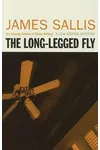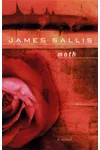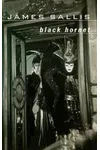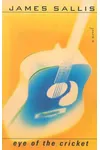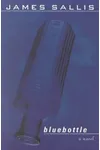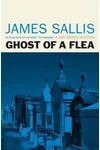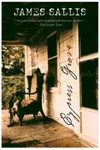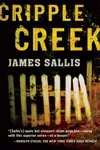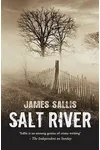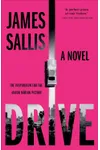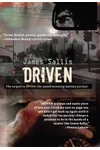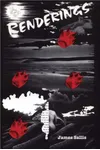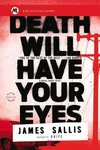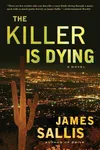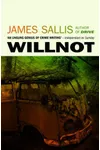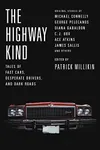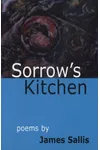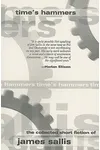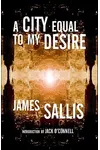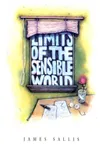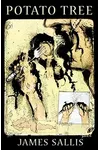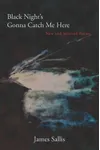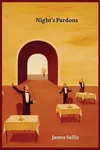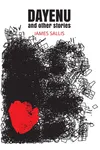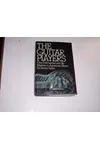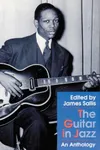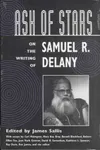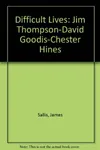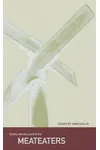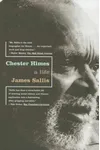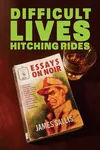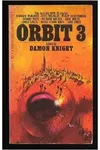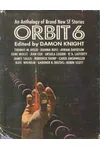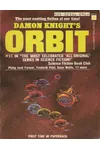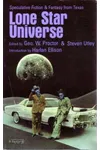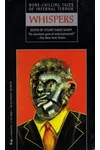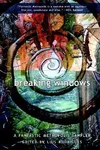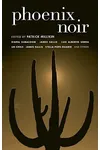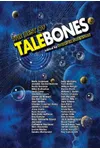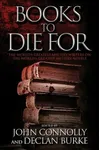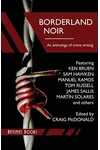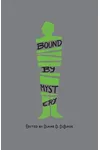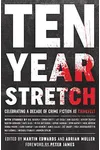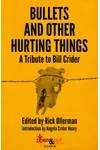Picture an American storyteller who spun gritty crime tales and sci-fi wonders with equal finesse—meet James Sallis! Born in 1944 in Helena, Arkansas, Sallis is a literary chameleon, best known for his Lew Griffin detective novels and the neon-soaked noir novel Drive, which inspired the 2011 Ryan Gosling film. With a career spanning crime fiction, poetry, and musicology, Sallis’s work dances between genres, blending raw emotion with sharp prose.
From his roots in a blues-soaked river town to his global influence, Sallis’s journey is as compelling as his stories. Let’s dive into the life and legacy of this multi-talented author who’s been quietly shaping literature for decades.
The Making of James Sallis
Growing up in Helena, Arkansas, a Mississippi River port buzzing with delta blues, James Sallis was steeped in a world of contrasts—poverty and wealth, music and silence. A voracious reader, he found solace in books and poetry, dreaming of becoming a writer. His early love for music, from Sonny Boy Williamson to jazz, later infused his work with rhythm and soul. After a scholarship to Tulane University, Sallis’s literary path took off when he met Michael Moorcock, landing a role as fiction editor for the groundbreaking sci-fi magazine New Worlds in London at just 21. There, he published his first story, “Kazoo,” in 1967, kicking off a genre-defying career.
James Sallis’s Unforgettable Stories
Sallis’s writing is a masterclass in blending grit with grace. His six-novel Lew Griffin series, starting with The Long-Legged Fly (1992), follows an African-American detective navigating New Orleans’s underbelly. These books aren’t just mysteries—they’re meditations on guilt, identity, and redemption, written with poetic precision. Drive (2005), a taut noir about a stunt driver moonlighting as a getaway man, became a cultural touchstone after its film adaptation, showcasing Sallis’s knack for crafting antiheroes who linger in your mind.
Beyond crime, Sallis’s sci-fi roots shine in collections like A Few Last Words (1970), where his avant-garde style channels French New Novelists like Albert Camus. His short stories, gathered in the 800-page Bright Segments (2024), span decades and genres, from speculative fiction to brutal crime tales. Whether he’s penning poetry, essays, or biographies like Chester Himes: A Life (2000), Sallis’s voice is unmistakable—sparse, evocative, and deeply human.
His style? Think jazz: improvisational, layered, and unafraid to break rules. Influenced by noir pioneers like Jim Thompson and the existential musings of Camus, Sallis crafts characters who grapple with alienation and search for meaning in chaotic worlds.
Why James Sallis Matters
James Sallis isn’t just a writer—he’s a literary outlaw, subverting genres and challenging conventions. His noir novels, as he argues, expose society’s lies, offering no moral order except what we create ourselves. This rebellious spirit has earned him a cult following and accolades like the Bouchercon Lifetime Achievement Award in 2007 and the Grand Prix de Littérature Policière in 2012. By blending high art with pulp, Sallis has influenced crime and sci-fi writers alike, proving that genre fiction can be profound.
His work resonates because it’s raw and real, reflecting the struggles of outsiders in a fractured world. From New Orleans’s streets to the pages of literary journals, Sallis’s legacy is one of fearless creativity and quiet brilliance.
- Born: December 21, 1944, in Helena, Arkansas
- Key Works: The Long-Legged Fly, Drive, Chester Himes: A Life, Bright Segments
- Awards: Bouchercon Lifetime Achievement Award (2007), Grand Prix de Littérature Policière (2012)
- Fun Fact: Sallis is also a jazz guitarist and plays with his band, Three-Legged Dog!
Ready to get lost in Sallis’s world? Snag Drive or The Long-Legged Fly and dive into his thrilling, soulful noir!
